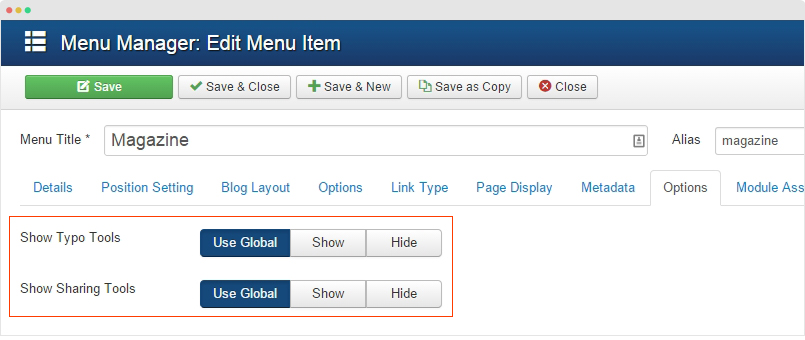


determines whether it bifurcates any embedded derivatives from the host contract as required by paragraph 4.3.3 of IFRS 9.The Committee observed that IFRS 9 is the starting point for the borrowing bank to determine its accounting for TLTRO III transactions because each financial liability arising from the bank’s participation in a TLTRO III tranche is within the scope of IFRS 9. how the bank accounts for changes in cash flows related to the prior period that result from the bank’s lending behaviour or from changes the ECB makes to the TLTRO III conditions.Īpplying the requirements in IFRS Standards.

whether the bank applies paragraph B5.4.6 of IFRS 9 to account for changes in estimated cash flows resulting from the revised assessment of whether the conditions attached to the liability have been met and.how the bank calculates the applicable effective interest rate.whether, for the purpose of presentation, the bank adds the amount of the benefit to the carrying amount of the TLTRO III liability.how it assesses in which period(s) it recognises that benefit and.if the bank applies IAS 20 to account for the benefit of the below-market interest rate:.whether the TLTRO III tranches represent loans with a below-market interest rate and, if so, whether the borrowing bank is required to apply IFRS 9 or IAS 20 to account for the benefit of the below-market interest rate.The TLTROs link the amount a participating bank can borrow and the interest rate the bank pays on each tranche of the operation to the volume and amount of loans it makes to non-financial corporations and households.
Elinks global marketing limited how to#
The Committee received a request about how to account for the third programme of the targeted longer-term refinancing operations (TLTROs) of the European Central Bank (ECB). TLTRO III Transactions (IFRS 9 Financial Instruments and IAS 20 Accounting for Government Grants and Disclosure of Government Assistance)-Agenda Paper 4 The Committee will consider all comments received in writing up to and including the closing date comments received after that date will not be analysed in agenda papers considered by the Committee. We do not normally grant such requests unless they are supported by a good reason, for example, commercial confidence. All comments will be on the public record and posted on our website unless a respondent requests confidentiality and we grant that request. Interested parties may submit comments on the open for comment page. The Committee invites comments on the tentative agenda decisions. The Committee will reconsider these tentative decisions, including the reasons for not adding standard-setting projects, at a future meeting. The Committee discussed the following matters and tentatively decided not to add standard-setting projects to the work plan.


 0 kommentar(er)
0 kommentar(er)
